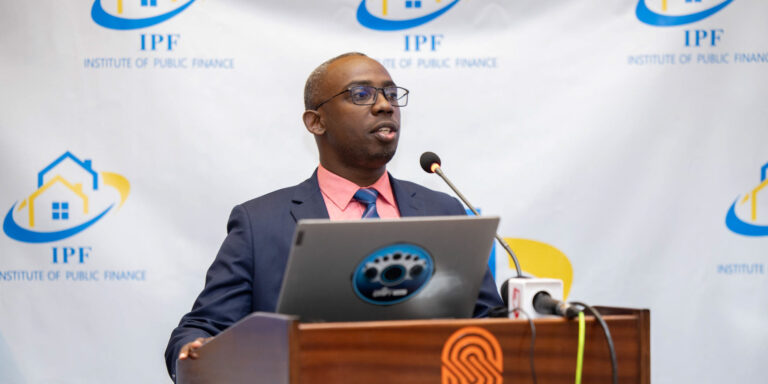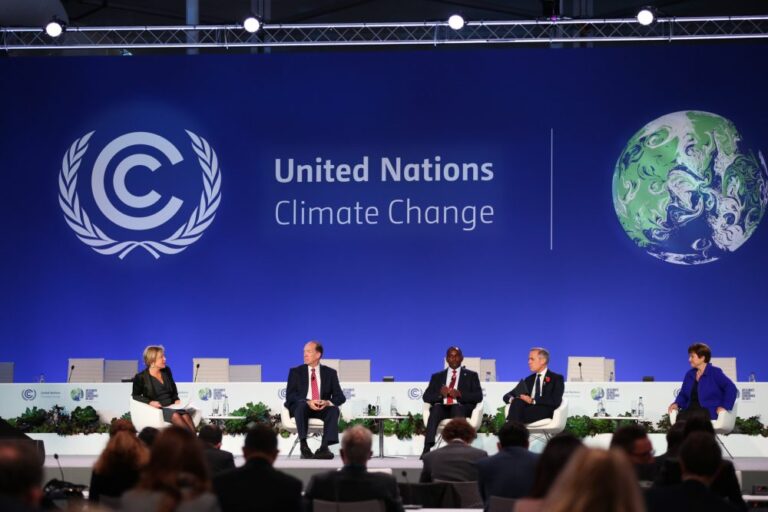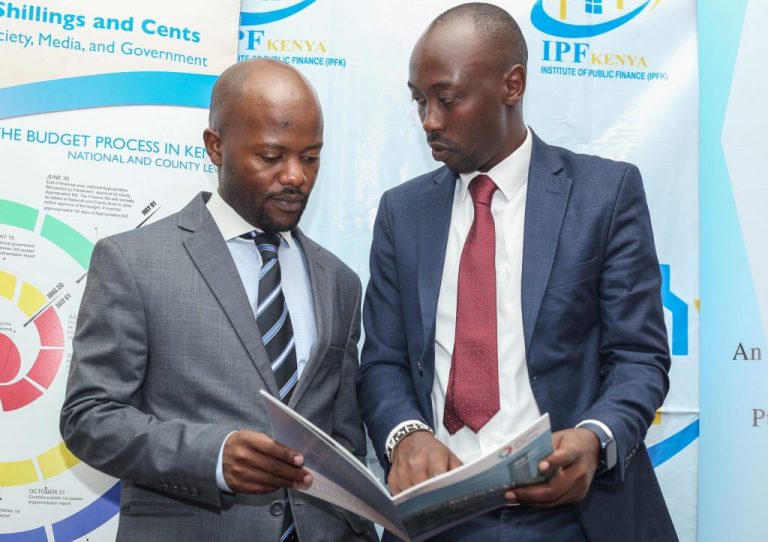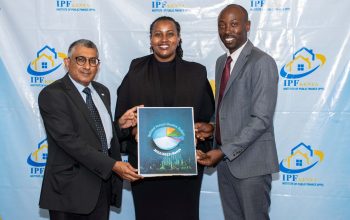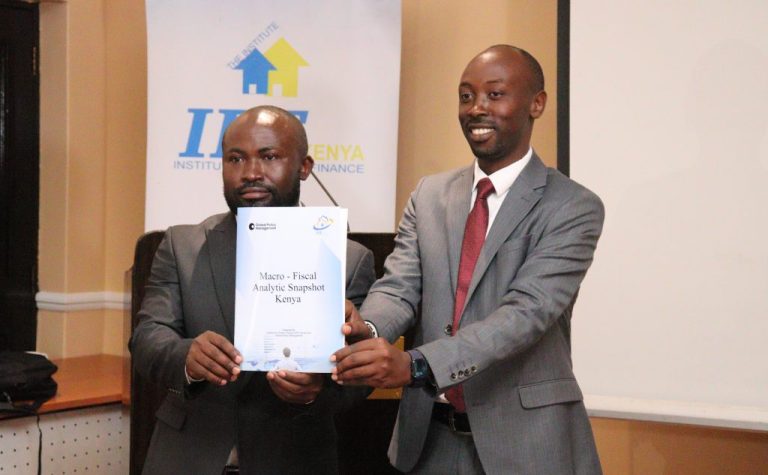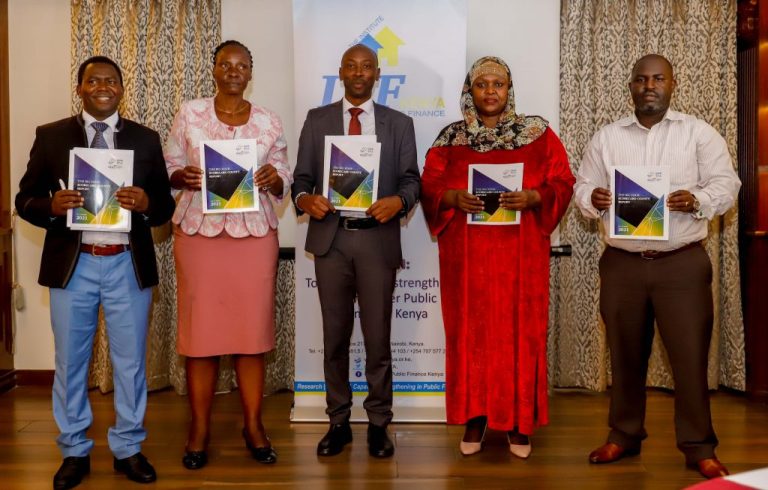The 28th of April 2021 saw the launch of the first Kenya’s Shadow Budget for the FY 2021/22 ahead of reading of the Budget Statement by the Cabinet Secretary of the National Treasury, Hon. Ambassador Ukur Yatani , on June 10th, 2021. The launch was led by non-profit think tank, Institute of Public Finance-Kenya in collaboration with Oxygene Marketing and Communications Limited and Kenya Private Sector Alliance (KEPSA).
The 2021/22 shadow budget analyzes expenditures across the different sectors for the previous financial years in terms of percentage changes in allocations and budget absorption rates as well as comparing the National Government priority policies to resource allocations in the forthcoming financial year. It also provides an overall analysis of the macroeconomic situation in Kenya with a specific focus on public debt and taxation.
It aims to scrutinize government’s spending priorities for the FY 2021/22 to promote policy discussions and informed debates for efficient and transparent allocation and use of public resources. The production of the Shadow budget was motivated by current state of engagement between the state and the public on matters related to budget allocations, expenditures, and actual service delivery outcomes which is mostly focused on printed and actual figures and narratives already approved for execution. Not only will the shadow budget be a great benefit to the County and National governments but an alternative point of reference for the Citizens and nonstate actors. It will be a tool to be used for more meaningful engagements with policy makers for the upcoming financial years.
The launch comes at a time when the government is spending a larger share of the country’s taxes on debt repayment at the expense of provision of critical services such health care, education, electricity, agriculture, cash transfers to the people with disabilities, the elderly, and a pandemic at hand. Presently, the total public debt stands at Ksh 7.6 trillion which approximately 6 million taxpayers are meant to pay. This also means that the country has also breached all the three public debt sustainability thresholds for overall debt and two out of four in external debt. The Shadow budget highlights some of the issues and key recommendations that are pertinent in solving majority of Kenya’s financial drawbacks.
The shadow budget has never been done before in East Africa more so in Kenya. Though it is not new to many developed countries such as the United Kingdom and Pakistan.


